

SOCIAL
Preventing and Containing Violent Extremism: NCCE engages Holy Family Nursing and Midwifery Training College
The Bono East regional office of the National Commission for Civic Education NCCE has engaged students of the Holy Family Nursing and Midwifery Training College as part of the ‘Preventing and Containing Violent Extremism’ campaign in Techiman.
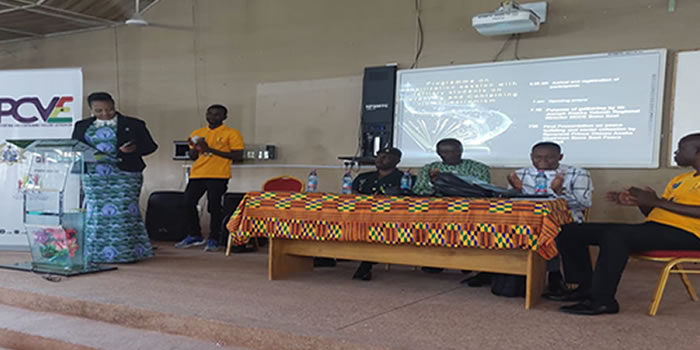
Date Created : 7/6/2023 12:00:00 AM : Story Author : Daniel Oduro-Stewart/Ghanadistricts.com
Welcoming participants to the programme, Mrs. Mary Margaret Alakor, Principal of the school, who also doubles as a member of the Regional Peace Council lauded the efforts of the NCCE at ensuring peace and national cohesion adding that no country can develop without peace.
Explaining the purpose of the gathering, the Bono East Regional Director of the Commission, Mr. Joseph Kwaku Yeboah recounted the history of extremist activities in the sub region.
He referred to a 2016 suicide bombing in neighboring Ivory Coast and subsequent one in Togo on the 9th of November 2021 adding that this necessitated some preemptive measures to prevent and contain any potential occurrence in Ghana.
Mr. Yeboah said the launch of the ‘See something say something’ campaign by the Ministry of National Security last year was part of the measures and urged the students to call the National Security toll free line 999 in case of any suspicions.
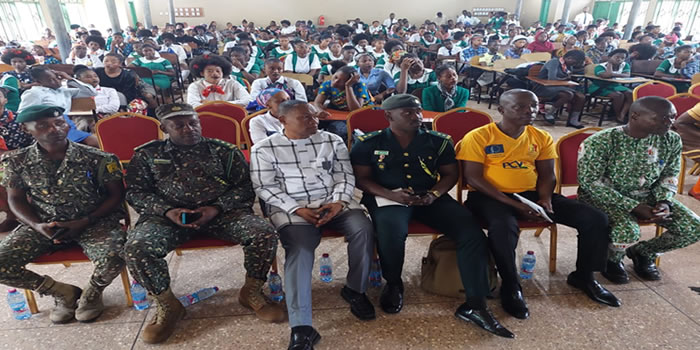
Making a presentation on ‘Peace building mechanisms and social cohesion’, Reverend Prince Owusu Asaku chairman of the regional Peace Council referred to peace building mechanisms as measures instituted to sustain peace by addressing injustice and to deal with conditions that generate conflict.
He said respect for the culture, religion, ethnicity and political affiliation of others goes a long way to engender social cohesion which is important for peace and the avoidance of conflict. Reverend Asaku urged the students to live in peace and harmony with one another.
DSI Prosper Gbolonyo from the Intelligence Unit of the Ghana Immigration Service speaking on community based mechanisms for countering violent extremism and community based strategies for countering arms proliferation, said violence emanates from a perceived condition or a strongly held belief and urged the students to desist from any acts that could lead to the marginalization of others.
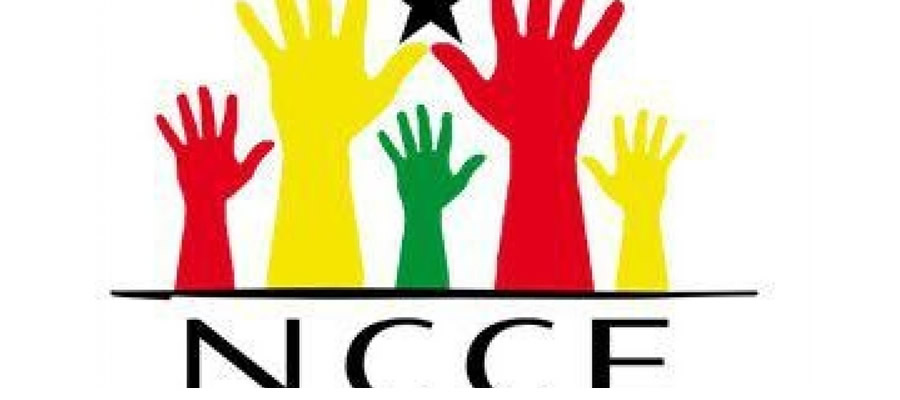
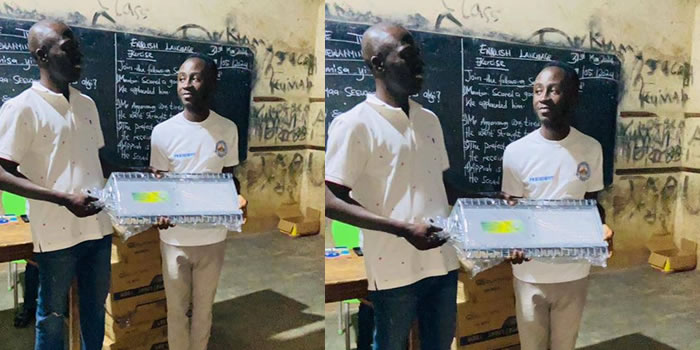

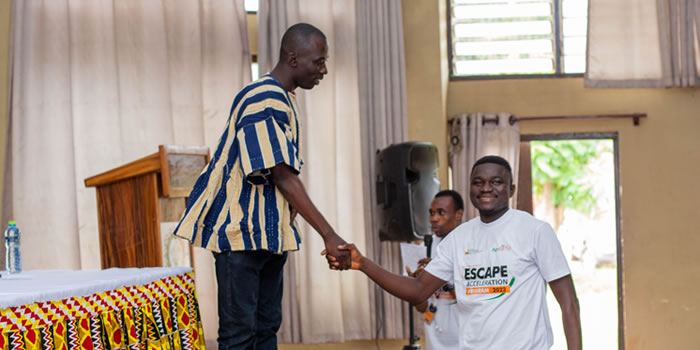


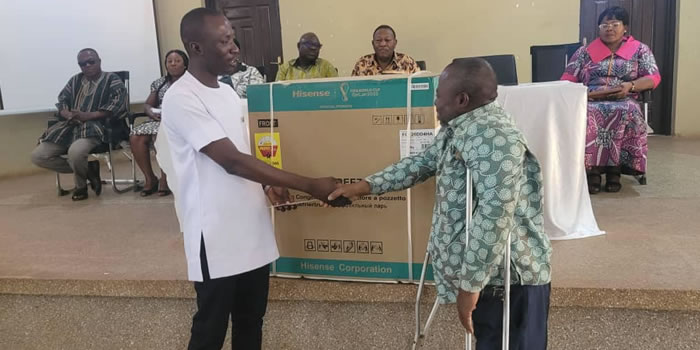


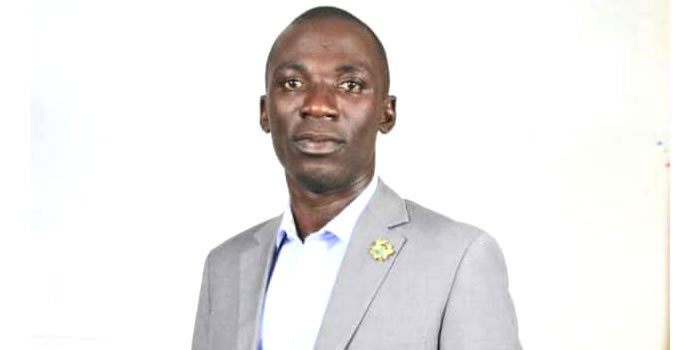
 facebook
facebook
 X
X
 Youtube
Youtube
 instagram
instagram
 +233 593 831 280
+233 593 831 280 0800 430 430
0800 430 430 GPS: GE-231-4383
GPS: GE-231-4383 info@ghanadistricts.com
info@ghanadistricts.com Box GP1044, Accra, Ghana
Box GP1044, Accra, Ghana